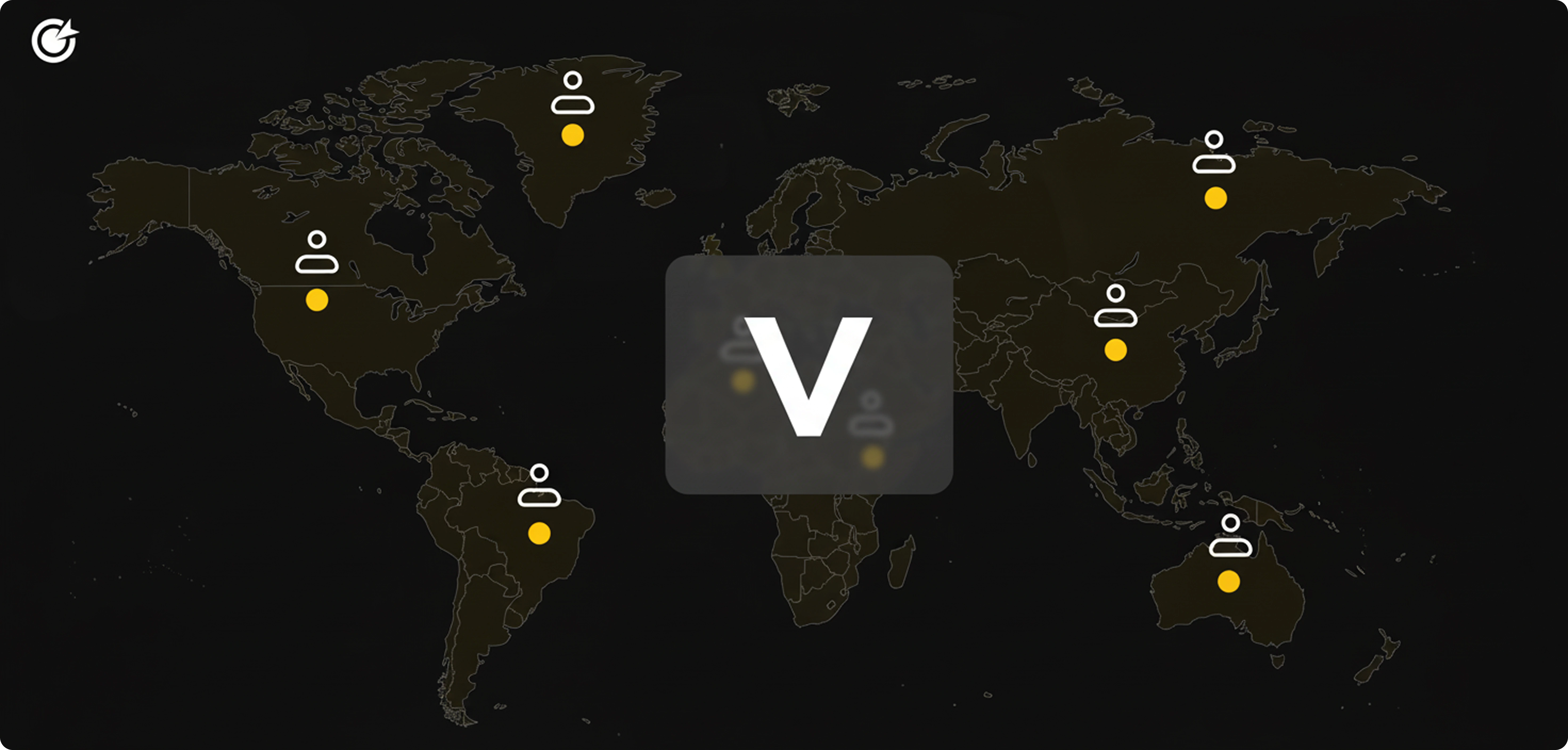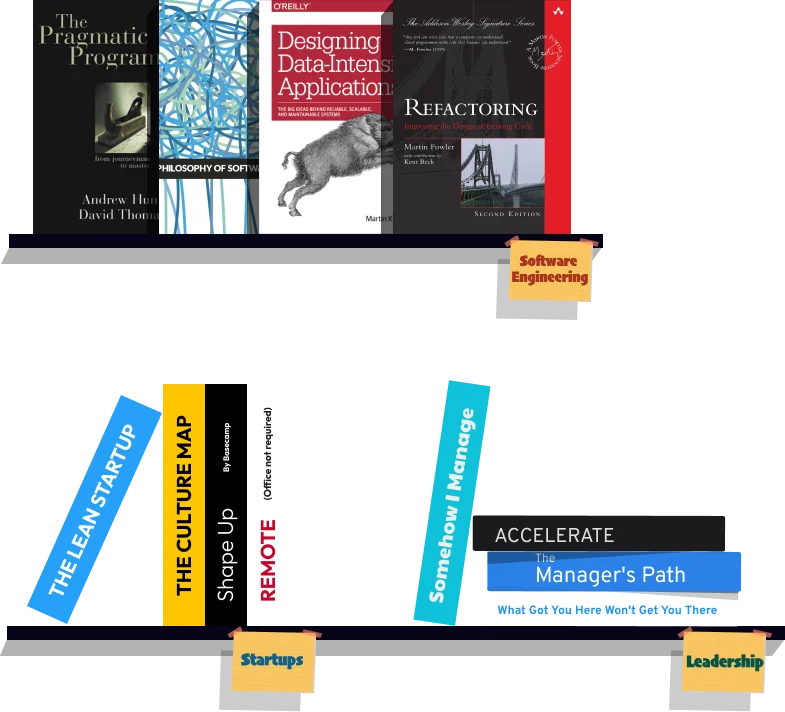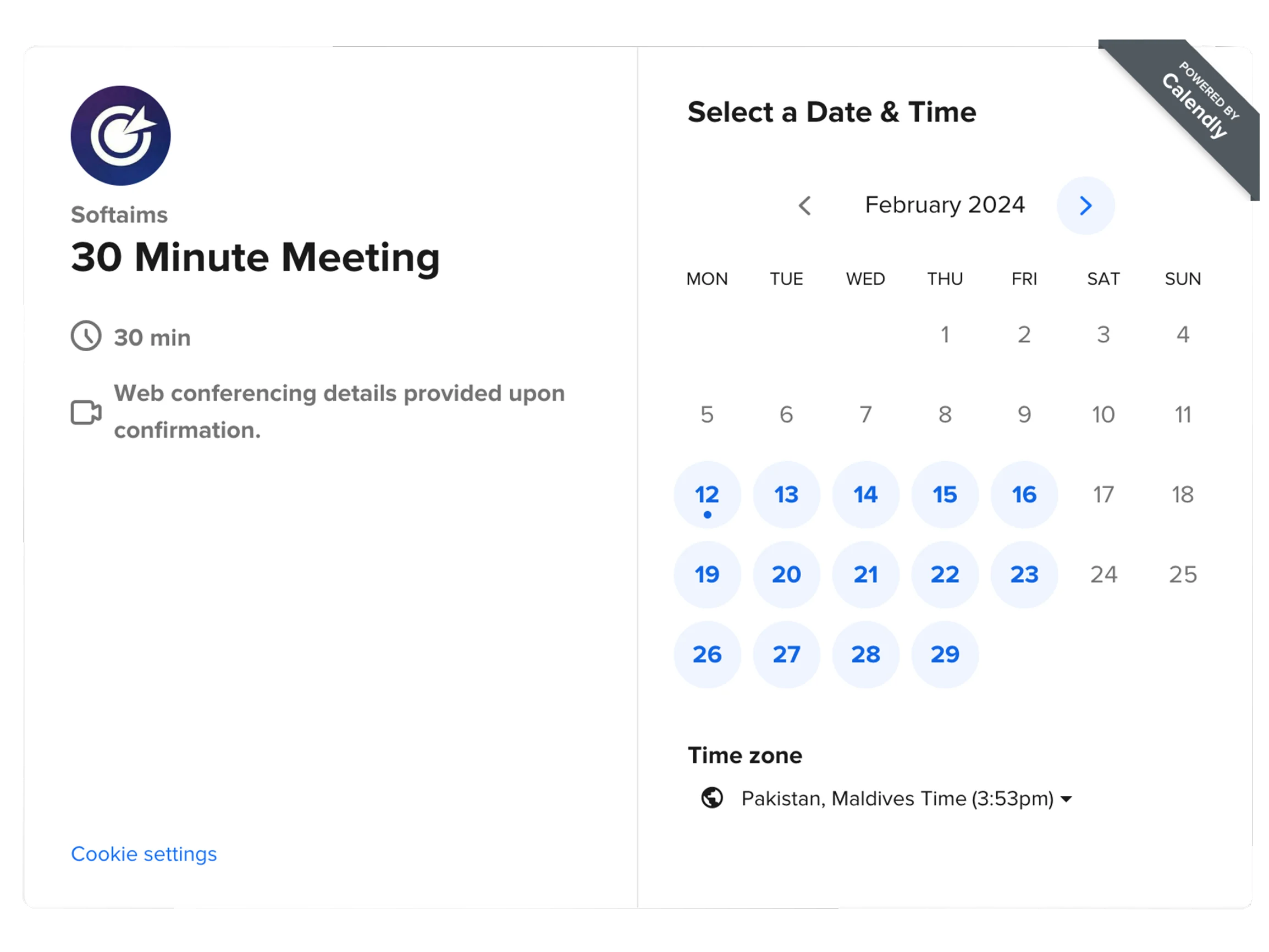The Progressive Power of a Vue.js Developer
Vue.js developers are prized for their ability to build user interfaces with a framework that is both approachable and powerful. They leverage Vue's progressive nature to create everything from small interactive widgets on existing pages to sophisticated, large-scale Single-Page Applications (SPAs).

Hiring a skilled Vue developer means bringing on board a professional who values developer experience, performance, and a clear, component-based architecture. Their expertise allows for rapid development cycles and the creation of highly maintainable and scalable front-end codebases.
Core Vue Concepts
A proficient Vue developer must have a deep and practical understanding of the framework's core concepts. This includes Vue's declarative rendering and reactivity system, which automatically updates the DOM when data changes. They must be experts in creating and managing reactive state using functions like ref() and reactive().
Furthermore, they should be fluent in both the Options API and the modern Composition API. While the Options API is great for simpler components, expertise in the Composition API is crucial for organizing complex logic into reusable and maintainable composables, a key feature in modern Vue applications.
Component-Based Architecture
The ability to think in terms of components is fundamental to any Vue developer. Candidates must be skilled at breaking down complex UIs into small, reusable, and encapsulated Single-File Components (SFCs) using the .vue file format. This includes defining a component's template, script, and styles in one place.
They should demonstrate mastery of component communication, using props to pass data down from parent to child and emitting events with $emit to send data back up. Knowledge of more advanced patterns like slots for content distribution is also a strong indicator of an experienced developer.
State Management with Pinia
For any non-trivial application, managing shared state is a critical challenge. A modern Vue developer must be proficient in Pinia, the official state management library for Vue. They should know how to create and organize stores to manage global application state in a predictable and type-safe manner.
This includes defining state, actions, and getters within a Pinia store and accessing that store from any component in the application. While knowledge of its predecessor, Vuex, is still valuable for legacy projects, Pinia is now the standard and demonstrates a candidate's commitment to modern best practices.
Routing with Vue Router
Single-Page Applications require a robust client-side routing solution, and a Vue developer must be an expert in using Vue Router, the official library for navigation. They should be able to define routes, handle dynamic route parameters, and create nested routes for complex layouts.
Beyond the basics, a skilled developer will understand advanced features like navigation guards for authentication checks or data fetching before a route is rendered. Proficiency in creating lazy-loaded routes (() => import('./views/About.vue')) to improve initial load performance is also a key skill.
Modern JavaScript and TypeScript Proficiency
A Vue developer is, first and foremost, a JavaScript developer. They must have a strong command of modern JavaScript (ES6+), including features like arrow functions, destructuring, promises, and modules. This foundational knowledge is essential for writing clean and efficient Vue code.
Increasingly, proficiency in TypeScript is becoming a requirement for enterprise-grade Vue applications. A top candidate should be comfortable writing strongly-typed Vue components, defining interfaces for props and API responses, and leveraging TypeScript's features to catch errors early and improve code maintainability.
Interacting with APIs
Modern web applications rely heavily on data from back-end services. A Vue developer must be skilled at making asynchronous API calls to fetch and submit data. They should have hands-on experience with the Fetch API or a popular library like Axios for handling HTTP requests.
This includes managing the entire data-fetching lifecycle within a component, such as handling loading and error states, and then updating the component's state with the received data. A strong developer will also know how to structure their API logic in a clean, reusable way, often by creating dedicated service modules.
Testing in the Vue Ecosystem
A commitment to quality is demonstrated by a thorough testing strategy. A professional Vue developer should be experienced in writing both unit and component tests to ensure the application is reliable and bug-free. This includes familiarity with testing frameworks like Vitest or Jest and the Vue Test Utils library.
For ensuring user flows work as expected, knowledge of end-to-end testing with a tool like Cypress or Playwright is highly valuable. The ability to write meaningful tests that verify component behavior—for example, expect(wrapper.text()).toContain('Welcome')—is a hallmark of a disciplined developer.
Build Tools and The Development Environment
A modern development workflow relies on sophisticated build tools. A Vue developer must be proficient with the tools that power the Vue ecosystem, particularly Vite, which is now the standard for new Vue projects due to its incredible speed. For older projects, experience with the Vue CLI and Webpack is also important.
They should be comfortable scaffolding new projects, configuring the build process, and understanding how the development server and hot module replacement work. This ensures they can set up and maintain an efficient and productive development environment for the entire team.
The Wider Vue Ecosystem
A truly great Vue developer understands that the core library is just one part of a rich ecosystem. They should be familiar with server-side rendering (SSR) and static site generation (SSG) concepts and have experience with a meta-framework like Nuxt.js to build highly performant and SEO-friendly applications.
Additionally, they should be knowledgeable about popular UI component libraries like Vuetify, PrimeVUE, or Quasar, which can dramatically speed up development. An awareness of these tools demonstrates a broader understanding of how to build production-ready applications efficiently.
How Much Does It Cost to Hire a Vue.js Developer
The cost of hiring a Vue.js developer can vary significantly based on their geographic location, years of experience, and overall skill set. North America and Western Europe typically have the highest salary expectations due to strong market demand and a high cost of living. Other regions offer a competitive talent pool at a more accessible price point.
Below is a table with estimated average annual salaries for a mid-level Vue.js developer in several different countries. These figures are intended as a general guide and can fluctuate based on specific project needs and market conditions.
| Country |
Average Annual Salary (USD) |
| United States |
$115,000 |
| United Kingdom |
$75,000 |
| Germany |
$72,000 |
| Canada |
$85,000 |
| Netherlands |
$78,000 |
| Poland |
$50,000 |
| Ukraine |
$48,000 |
| India |
$32,000 |
| Brazil |
$40,000 |
| Argentina |
$38,000 |
When to Hire Dedicated Vue.js Developers Versus Freelance Vue.js Developers
Hiring a dedicated, full-time Vue.js developer is the ideal strategy for long-term projects and the development of core business applications. This model ensures that you have a team member who is fully integrated into your company culture, deeply understands your codebase, and is committed to the ongoing maintenance and evolution of your product.
Conversely, hiring a freelance Vue.js developer is a more strategic choice for short-term, well-defined tasks. This is perfect for building a prototype, adding a specific set of features to an existing application, or getting expert help to solve a particular technical challenge. Freelancers provide flexibility and specialized skills on demand, making them a cost-effective option for projects that do not require a permanent commitment.
Why Do Companies Hire Vue.js Developers
Companies choose to hire Vue.js developers primarily for the framework's approachability, excellent performance, and detailed documentation. Vue has a gentle learning curve compared to other major frameworks, which makes it easier to onboard new developers and build teams quickly. This allows companies to accelerate their development timeline and get products to market faster.
Furthermore, Vue's progressive nature allows it to be adopted incrementally. It can be integrated into existing projects to modernize a specific section without requiring a full rewrite, providing immediate value. Its high performance and small bundle size also make it an excellent choice for building fast, lightweight, and highly interactive user interfaces that keep users engaged.
In conclusion, hiring an exceptional Vue.js developer means looking for a well-rounded front-end expert who has mastered the framework's reactive core, component architecture, and rich ecosystem. The ideal candidate will combine their technical proficiency in Vue with strong fundamentals in modern JavaScript or TypeScript, a disciplined approach to state management and testing, and a practical understanding of build tools and API integration. By prioritizing these skills, organizations can build dynamic teams capable of crafting beautiful, performant, and highly maintainable web applications.



































